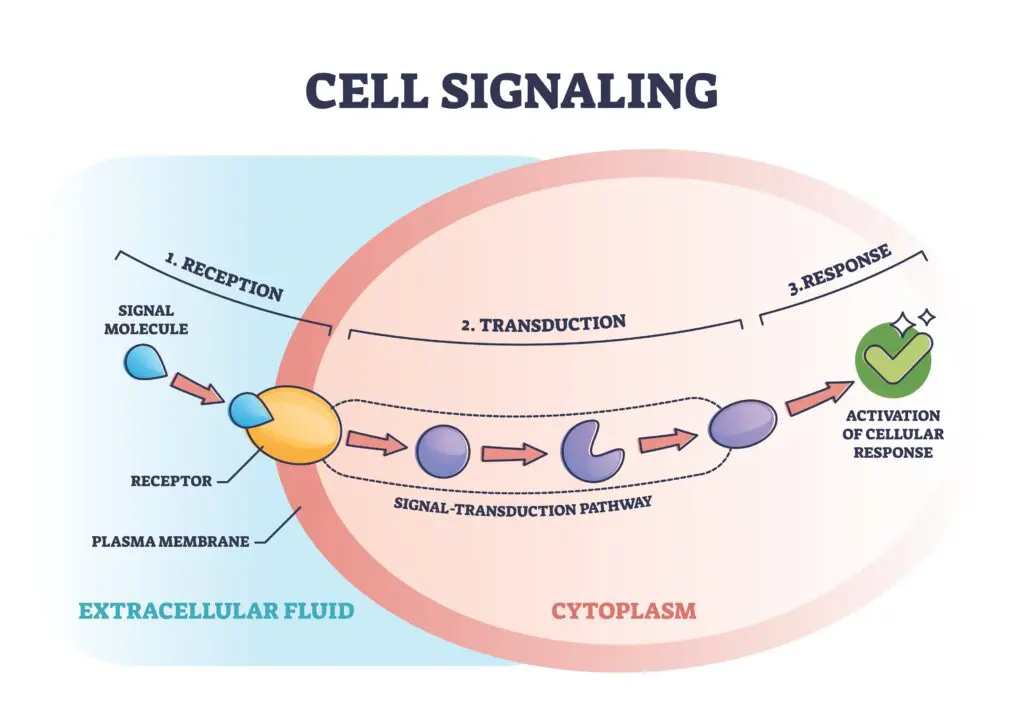No standard of care currently exists for FLC. As a result, there is a pressing need to discover systemic therapies for the cancer. Given the current knowledge of FLC biology, researchers are pursuing several potential approaches to developing new, more effective treatments for the disease. These include:

- Optimizing chemotherapy for effectiveness against FLC: Despite significant progress in cancer research, chemotherapy (treatments that uses powerful chemicals to kill fast-growing cells in the body), is still an important first-line treatment for cancer. While FLC does not appear to be very responsive to most chemotherapies, a broad-based drug repurposing scan conducted by the Simon lab at Rockefeller University has identified that ironotecan, a topoisomerase I inhibitor, has some limited activity against FLC. They also determined that FLC cells evade programmed cell death by making a lot of BCL-XL protein. Since a combination of a BCL-XL inhibitor plus irinotecan was shown to shrink tumors in mice models, and those tumors did not progress after extended monitoring, a clinical trial of a BCL-XL inhibitor combined with irinotecan is in its planning stages.
- Selectively targeting the fusion protein: Elimination of FLC’s driving DNAJ-PKAc chimeric protein, or inhibition of its activity through the use of targeted molecular therapies would be expected to stop the growth of FLC cells. Unfortunately, normal PKA is critically important for the proper function of many tissues, including heart muscle. A drug that inhibits DNAJ-PKAc but also blocks activity of normal PKA would be expected to cause significant side effects, probably ruling it out as a useful cancer treatment. By contrast, a drug against DNAJ-PKAc that spares normal PKA might be safe and effective against FLC. The creation of such a selective therapy may be possible, however finding one presents considerable challenges. Approaches under investigation include preventing DNAJ-PKAc from being made using RNA drugs, and destroying DNAJ-PKAc in FLC cells with a PROTAC (protein degrader) drug.
- Targeting critical steps in downstream growth/survival pathways: Another strategy to attack FLC would be to inhibit a “downstream” cell signaling pathway controlled by DNAJ-PKAc that is important to the chimeric protein’s ability to drive cancer. Multiple signalling pathways activated in FLC cells have already been identified. These may contain steps that could be targeted without causing the broad side effects expected with the inhibition of PKA or general chemotherapy agents. Many researchers are investigating these pathways for potential drug targets and testing those approaches using models of the disease.
- Using immunotherapy: An alternative approach is to harness the power of a patient’s own immune system to eliminate the cancer. Over the last decade, immunotherapies have revolutionized cancer treatment. Advantages of this approach include the robust and lasting protection seen in some patients, as well as the relatively mild side effects, especially in comparison with chemotherapy. While limited data implies that FLC is usually not very sensitive to current immune checkpoint inhibitor (ICI) therapy, there are suggestions that combining an ICI with other therapeutic agents could enhance anti-tumor immunity. In FLC, the DNAJ-PKAc chimera, which is present in FLC tumors but absent from normal cells of the same patients, could serve as a target for specific immune attack. Vaccines or adoptive cell therapies could also potentially be effective if they can directly enhance a patient’s anti-tumor responses to unique molecules in cancer cells. Phase 1 testing of these approaches is currently underway (see clinical trials).
